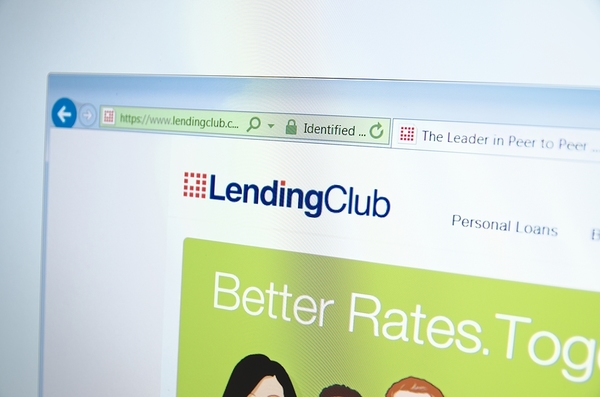View Sale Announcement Detail


Archived news
EXCERPT: The online lending sphere has been the subject of uncertainty regarding its ability to weather the pandemic. But so far, borrowers have been faring better than expected.

Fintech firms have managed to fill a void among digitally-savvy consumers over the past few years, but there's long been doubt about how the online lending industry would fare amid an economic downturn.
But based on how borrowers have been doing thus far throughout the current health crisis, things are looking positive, according to a recent article in American Banker.
Credit performance has been holding up better than anticipated among borrowers who have taken out loans with online lenders. Recent data shows that the share of borrowers who were on time with their loan payments increased in August, despite the expiration of unemployment benefits from the federal government. Even after these federal funds stopped being issued, loan performance did not drop.
Borrowers Are Doing Better Than Expected Throughout the Crisis
Prior to the coronavirus pandemic, approximately 5 to 6 percent of borrowers who held online loans were not making their regular payments on time. And in May, that number jumped to 16.5 percent as an increased number of borrowers applied for loan forbearance. But by August, the percentage of borrowers who missed loan payments dipped back down to 8.9 percent.
While credit quality within the online lending sphere could still decline over the coming weeks and months due to the COVID-19 crisis - especially with continued high unemployment and a stall in government stimulus payments - things are looking rather optimistic right now.

Consumer spending behavior is different than what experts may have expected. Rather than continuing to borrow to sustain purchasing behavior, Americans are instead saving and deleveraging. In fact, banks across the nation are seeing high levels of deposits among consumers.
Consumer Spending is Down
When the fintech sector saw rapid growth over the past several years, there was some speculation about how well these companies would be able to handle an economic crisis, since there is no ongoing utility to borrowers with online installment loans. Instead, the funds are provided upfront. Compare that to credit cards, which consumers are still relying on as a tool for expenditures.
But the pandemic has triggered a significant decrease in consumer spending, which is probably what is helping many borrowers to continue making timely loan payments. In fact, the personal savings rate among American consumers has been over the 15 percent mark since April, a first since the 1970s.
It's likely that Americans are fearful of their financial strength as the pandemic continues to ravage the economy and are more inclined to stash their savings rather than spend it. Further, many are more likely to pay down their existing debt.
Consumer balance sheets were stronger as the current recession began compared to the last economic crisis. LendingClub, for instance, reported less than 5 percent of loans on hardship plans in July after they soared to 12 percent in May. This scenario is better than what the online lender expected.
Having said all that, loan issuance is still down from last year. Loan issuance increased by 21 percent from June to July, though that's still a 56 percent drop from the same time last year.
Lenders - both in the online and traditional banking areas - would be wise to take another look at their loan portfolios and partner with a seasoned loan sale advisor to make any necessary changes to weather the storm of the current crisis. Garnet Capital has a slew of qualified buyers and sellers within our network to help facilitate the sale and acquisition of strong loan assets to help you optimize your loan portfolio.
Sign up for our newsletter today.

